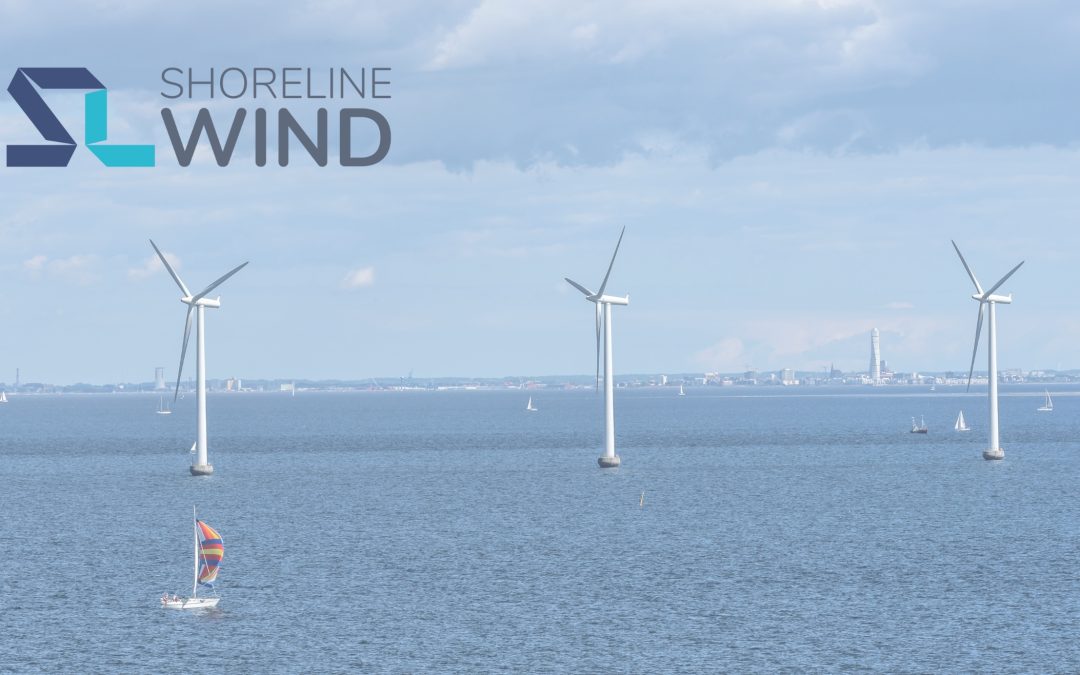
by Energía Estratégica ES | Mar 4, 2025
The two projects, now under construction at the Sines refinery, represent a total investment of €650 million. The biofuels unit, financed with €250 million, will produce low-carbon fuels that are essential for decarbonising transport. The renewable hydrogen production unit, supported by €180 million in funding, is set to become one of the largest in Europe.

by Emilia Lardizabal | Mar 3, 2025
Héctor Andrés Rodríguez Garnica, PV & BESS Product Manager and Technical Specialist, states that the scheme will boost energy storage and improve the flexibility of the electricity system. Prices are expected to range between €100 and €150 per MWh, with returns between 8% and 12% for investors. Terna S.p.A. has indicated that the auctions will be delayed until September of this year.

by Emilia Lardizabal | Mar 3, 2025
Shoreline Wind has established itself as a key player in the offshore wind industry with an innovative SaaS platform that optimizes the planning, construction, and operation of wind farms. Thanks to its patented artificial intelligence (AI) technology, Shoreline is transforming the efficiency and profitability of wind projects globally.

by Lucia Colaluce | Mar 3, 2025
The American company highlighted its leadership in hydrogen and energy storage projects during the virtual event “Storage and Renewable Leadership Forum”, organised by Strategic Energy Corp. Youssef Merjaneh, Senior Vice President and Managing Director for EMEA at Black & Veatch, emphasised the importance of subsidies and scalability for the development of these technologies in Europe.

by Lucia Colaluce | Feb 28, 2025
With 36 operational wind farms and a current total capacity of 11.8 GW, The Crown Estate plays a pivotal role in the UK’s energy transition. Julia Rose, Head of Offshore Wind, highlights the Celtic Sea’s potential for floating offshore wind, a sector that could create over 5,000 jobs and generate £1.4 billion in economic impact. Additionally, The Crown Estate is working on optimising seabed usage through sustainable planning and close cooperation with the government and industry.

by Lucia Colaluce | Feb 28, 2025
With over 700 systems installed in farms across Europe, Brazil, and South Africa, Biodiv-Wind combines video, radar, and acoustic sensors to protect biodiversity and enhance public acceptance of wind energy.














